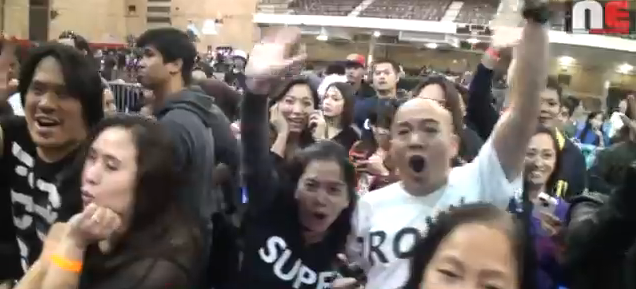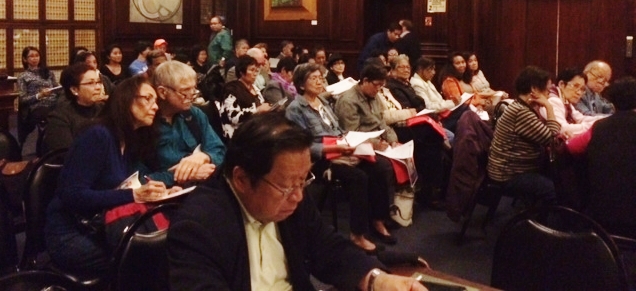Veterans urge repeal of Rescission Act, an ‘ugly stain in nation’s history’
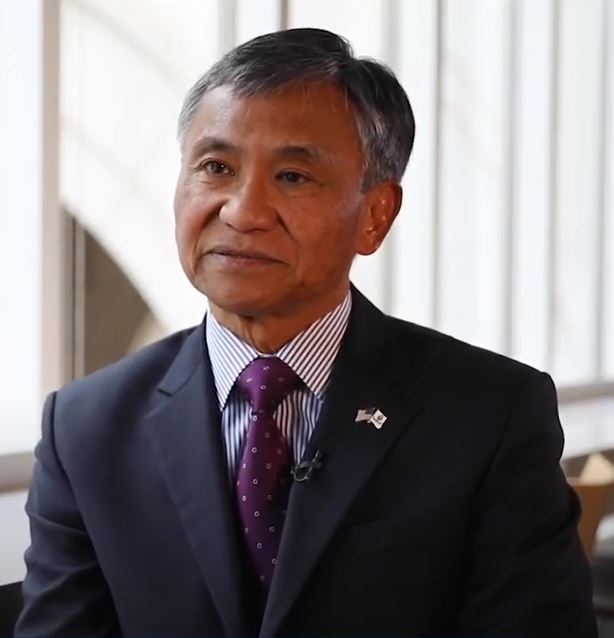
The untold story of Filipino World War II veterans remains a dark chapter in U.S. history for as long as the 1946 Rescission Act remains in the books.
The legislation reduced the obligation of the U.S. government to take care of its Filipino war veterans. Gen. Carlos P. Romulo, then Resident Commissioner of the Philippines, had denounced the US Congress for its “act of discrimination” against Filipinos.
“It not only deprived Filipino soldiers combat pay and their rightful benefits. It stripped them of their honor and dignity,” says Maj. Gen. Antonio Taguba (Ret), chairman of the Filipino Veterans Recognition and Education Project (FilVetREP). “They suffered severe humiliation and the shameful betrayal by a nation whom they served with loyalty and uncommon valor. For more than 70 years, our veterans endured these racially-motivated acts, which singled them out for discrimination and unfair treatment.”
Numerous Filipino American veterans and community organization sought for years to correct this grievous injustice. In the 1990s, Congress allowed thousands to immigrate under a limited quota basis to become U.S. citizens. Funeral and burial rights came a decade later, prompting some of them to conclude that old Filipino soldiers must die first before the U.S. government can repay them for their military services. In 2009, almost 63 years later, Congress eventually granted them one-time lump sum payments as financial compensation: $15,000 each for those who are U.S. citizens and $9,000 each for non-U.S. citizens. Only some 18,000 were granted these payments from the 48,000 who applied for redress of their wartime service. Thousands of veterans who were denied of their compensation have died waiting for their appeals to be heard in court.
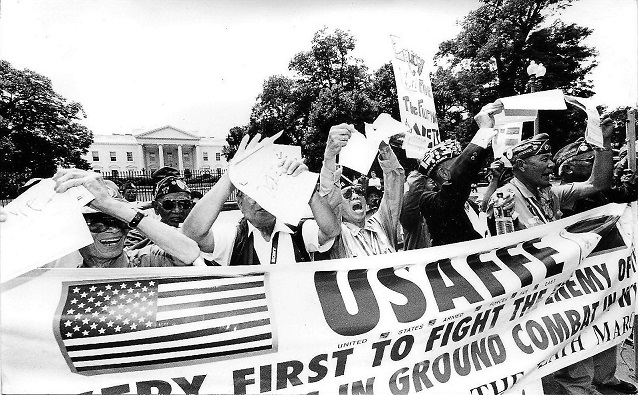
But official recognition for their service and sacrifice came more than 70 years later. On November 30, 2016, Congress passed the Filipino World War II Veterans Congressional Gold Medal Act of 2015. In remarks made during the awards ceremony on Oct. 25, 2017, Senate Democratic Leader Chuck Schumer said: “It is a mark of a confident and exceptional nation to look back on its history and say we made a grievous error, but we recognize it and pledge never to let it happen again.”
In remarks made at a memorial the day before his inauguration, President Joe Biden reminded the American people that “to heal, we must remember. It’s hard sometimes to remember, but that’s how we heal. It’s important to do that as a nation.” At his inauguration on January 20, he invited the American people to reflect on the nation’s past, again reminding them that “there’s much to repair, and much to restore.”
In calling on Congress to repeal the Rescission Act, Taguba affirms President Biden’s words with this call to action: “Let us never forget that our veterans endured a lifetime of injustice and indignation inflicted by a shameful act of Congress. It’s time we remove this ugly stain and close this dark chapter in our nation’s history.”
On behalf of the Filipino veterans who fought with valor, loyalty and duty to serve the United States alongside Americans in the Philippines during World War II, we respectfully ask Congress to act and repeal the Rescission Act of 1946, repudiate the injustice these veterans have suffered for 75 years, and heal the indignation, pain, and sorrow they endured over a lifetime. — Filipino Veterans Recognition and Education Project
To learn more about the Rescission Act of 1946, visit the website www.filvetrep.org. FilVetREP is a nonpartisan, tax-exempt, community-based, all-volunteer national initiative whose mission is to obtain national recognition of Filipino and American WW11 soldiers across the United States and the Philippines for their wartime service to the U.S. and the Philippines from July 26, 1941 to December 31, 1946.

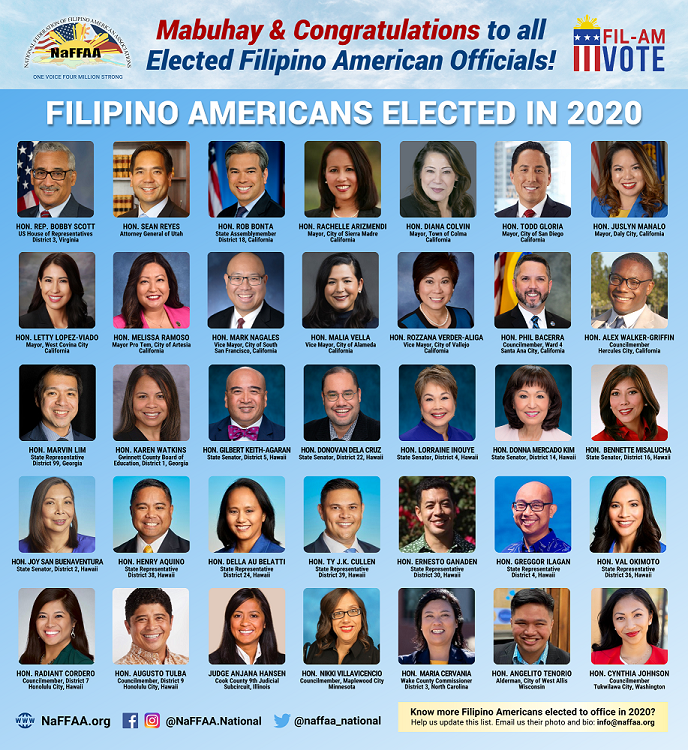
(C) The FilAm 2021





